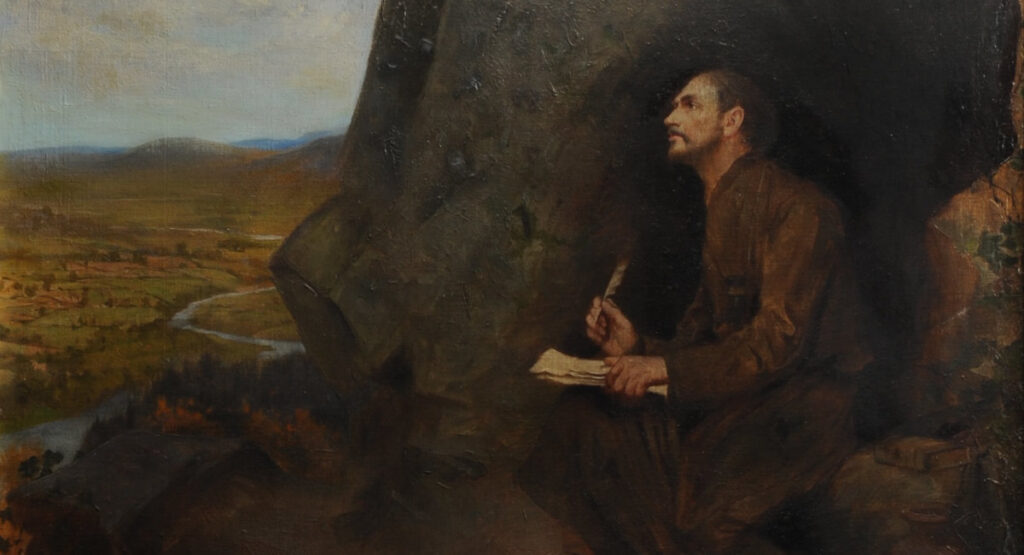
The second wave of the Covid-19 pandemic hit Indonesia pretty hard, harder than the first one. Almost every day news of departed loved ones filled social media feeds. The government was hapless, and people were angry with the lack of hospital beds and the long queue for oxygen. Businesses big and small suffered terribly, resulting in many lay-offs and the loss of livelihoods. Prayers seemed to have gone unanswered. Even if you were spared from the worst, there was no way of escaping the feeling of helplessness.
This year’s feast of St Ignatius Loyola took place amidst the worst of the outbreak. What does St Ignatius have to offer? The feeling of helplessness, of being unable to control the world around us was no stranger to him. In fact, this Ignatian Year is dedicated to one of the darkest hours of his life, the canonball moment in Pamplona. His shattered legs were not as painful as his wounded ego and ruined dreams. The world that he meticulously built around him collapsed, leaving behind an uncertain future.
His second moment of despair came at Manresa. Not long after his conversion, he had episodes of anguish. In the words of the British Jesuit Joe Munitiz, Ignatius suffered from “poor concentration, indecisiveness, recurrent thoughts of death and suicide, loss of interest and pleasure in attending liturgical functions, agitation and great distress, self-punishment with loss of weight, and probably chronic fatigue”.
In those instances the pilgrim did not flee from the negative and uncomfortable emotions. Rather, he drew close to them, noticing the wild swing between different emotions. The lack of entertainment in his sister’s place did help him to focus on his own interior movements, but still it is to his credit that he did not shy away from reality. As it turned out, it is the only way to uncover the underlying message and meaning behind those experiences. This is the first lesson.
The second lesson is to do with how St Ignatius muddled through those dark moments. He is often portrayed as a stubborn, proud, and ambitious, if not vain, man. Underneath the seemingly trivial qualities, is a strong character whose persistence was legendary. In Pamplona he marched on to fight the oncoming French army who vastly outnumbered his Castilian troops, even while his own brother Martin Garcia chose to flee the battlefield. These same human qualities enabled him to endure the psychological and spiritual onslaught in his difficult moments. He stuck to his strengths and perhaps also to moments of grace that he had had prior to the suffering. Count your blessings, he might have said.
Thirdly, one famous Jesuit catchphrase holds true here. “Be men and women for others.” Wallowing in despair can be quite “comfortable”, unconsciously making ourselves the centre of the collapsing universe. In dark moments, we often think that we suffer the most in this world. Nobody can rescue us. But what about we saving others? A lot of people are desperately in need of help at the moment. Joining online prayers for victims of the pandemic, attending to ill housemates, organising and delivering food packages to quarantined families, or volunteering in vaccination centres, all these can help us see the bigger picture of our own suffering.
At the end of the day God is present even in situations of despair. The pandemic offers an opportunity to encounter God at work, deep within us and in other people. We only need to draw close to our negative emotions that shroud his message, stick to our strengths and graces, and allow others to be the centre of our attention.
Benny Juliawan SJ
Provincial
Indonesian Province



David Callaby Floridia
wow. this was a wonderful thought. it resonates with my experience, especially the using the past strengths as yardsticks for tackling today’s problems in a new way, woth Jesus .